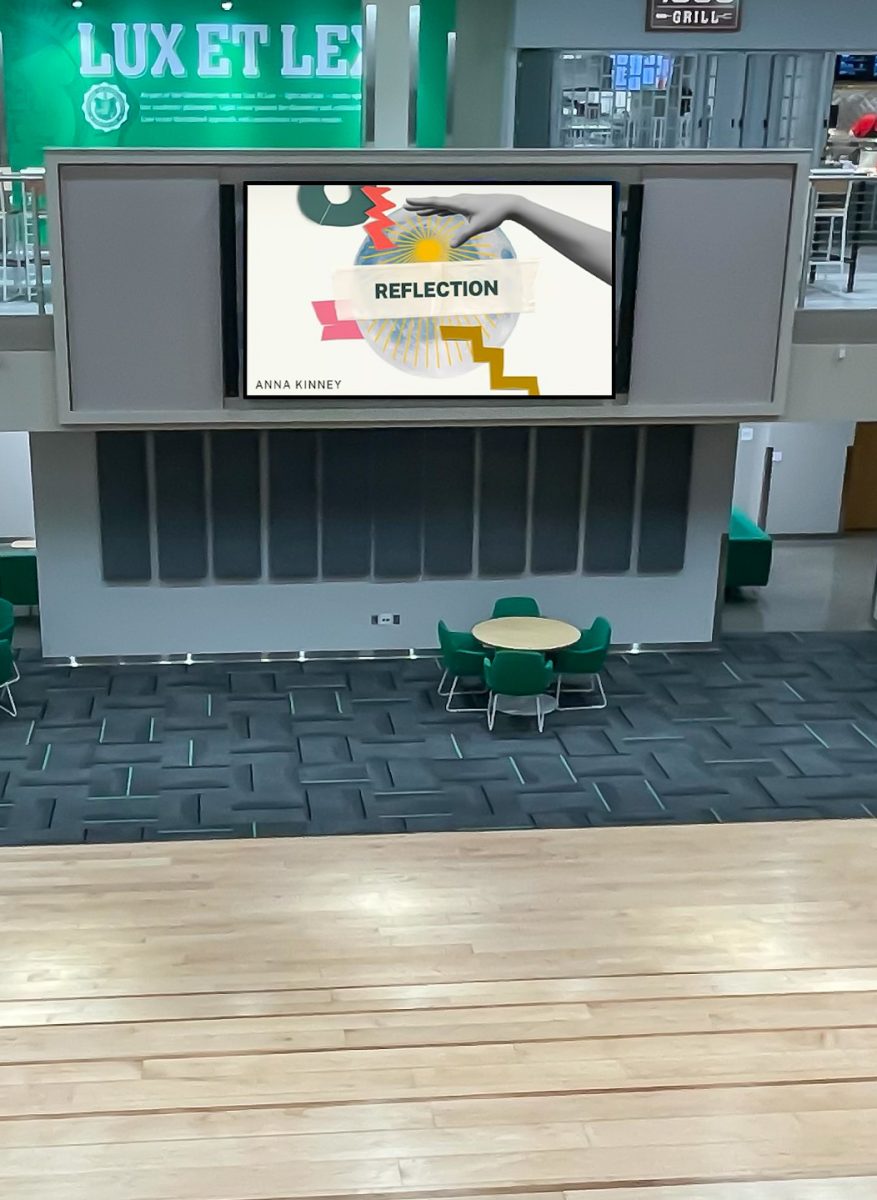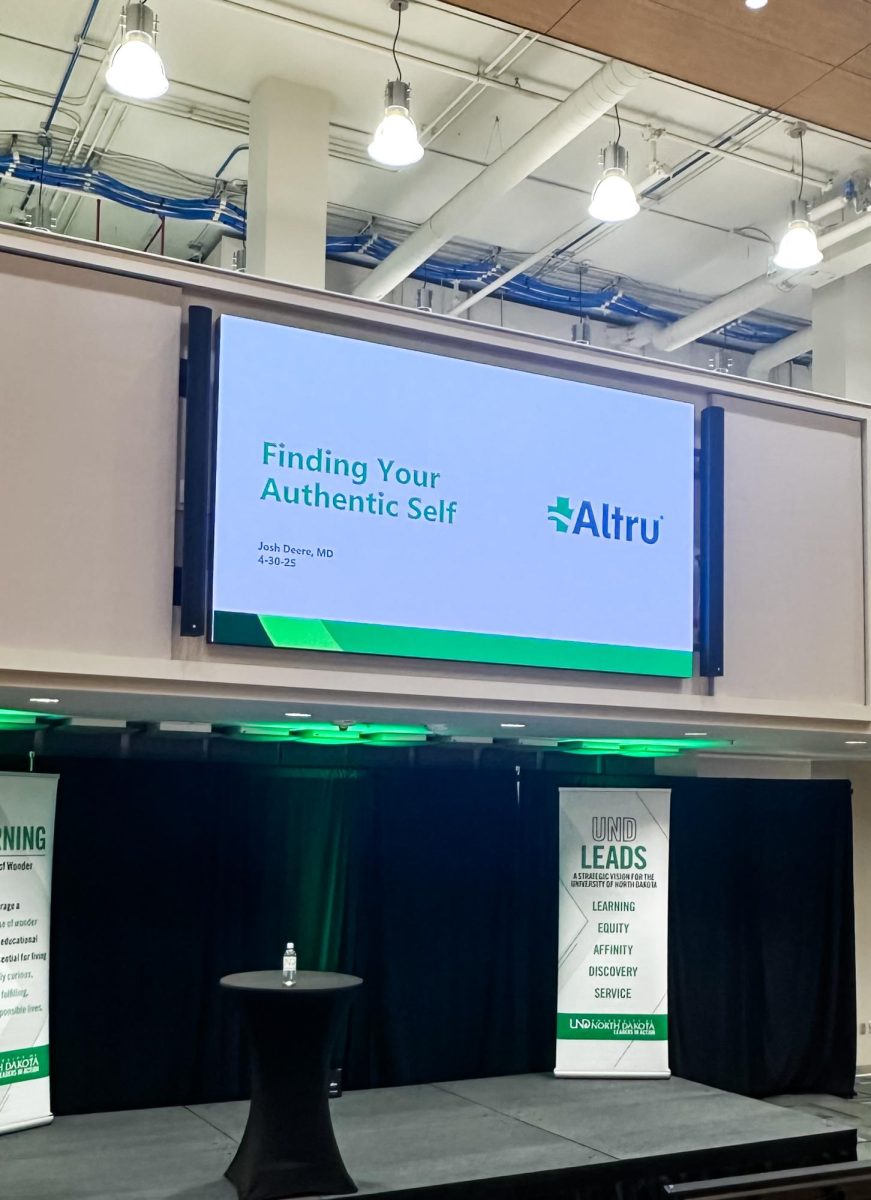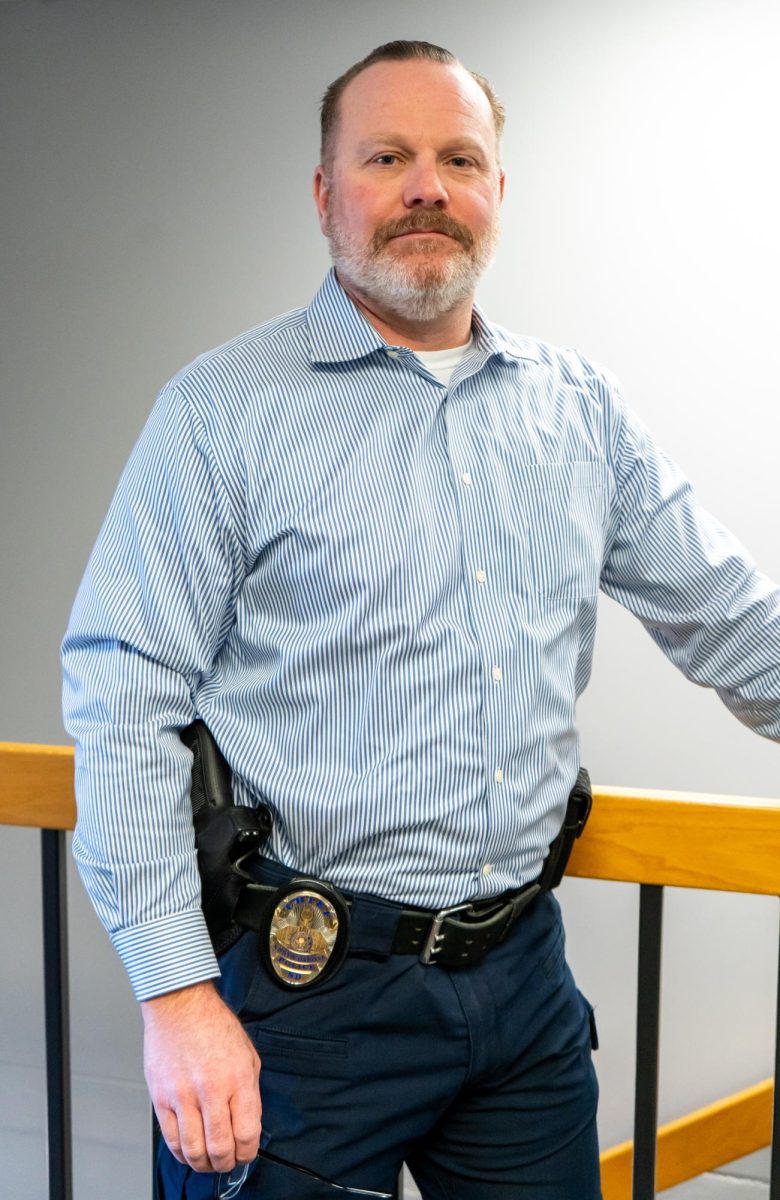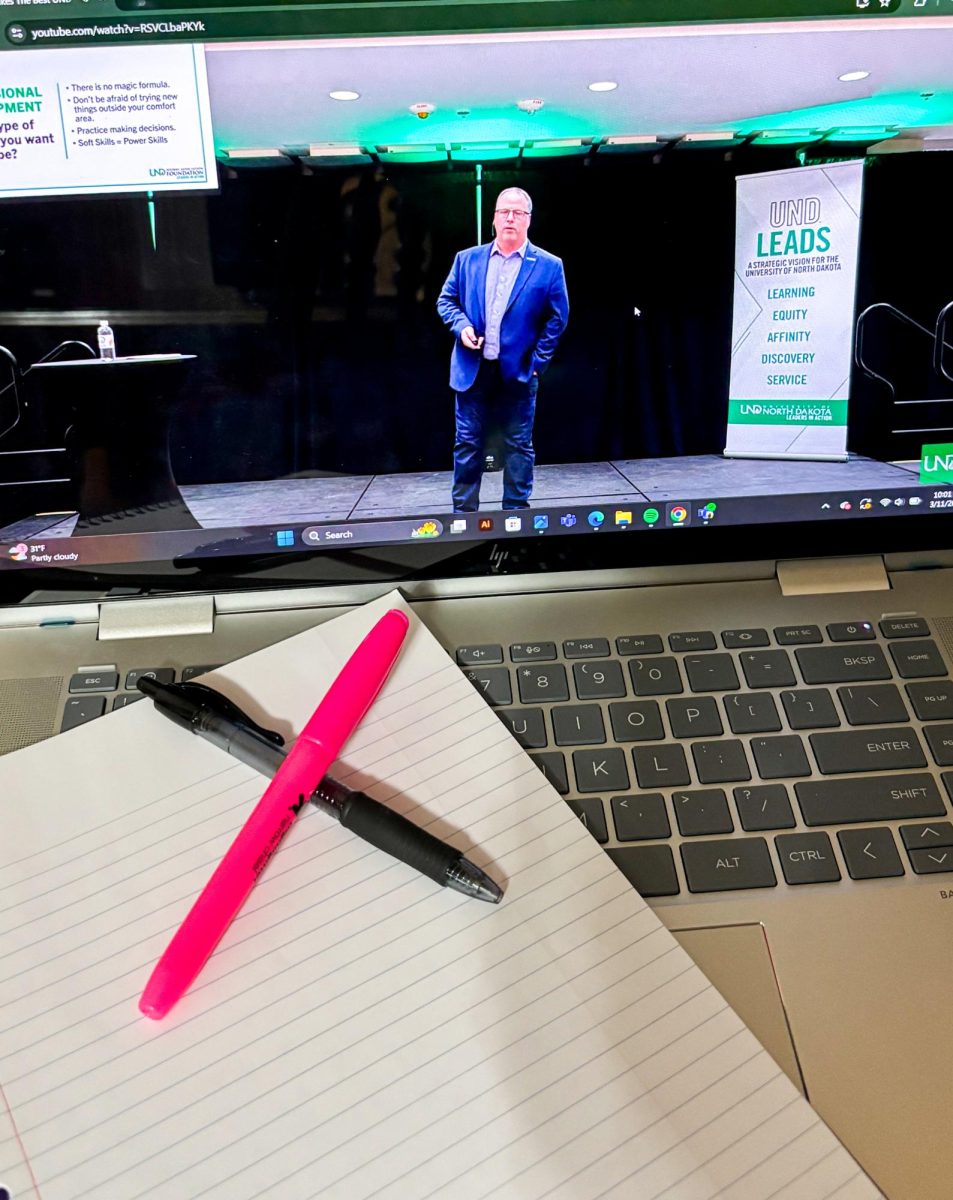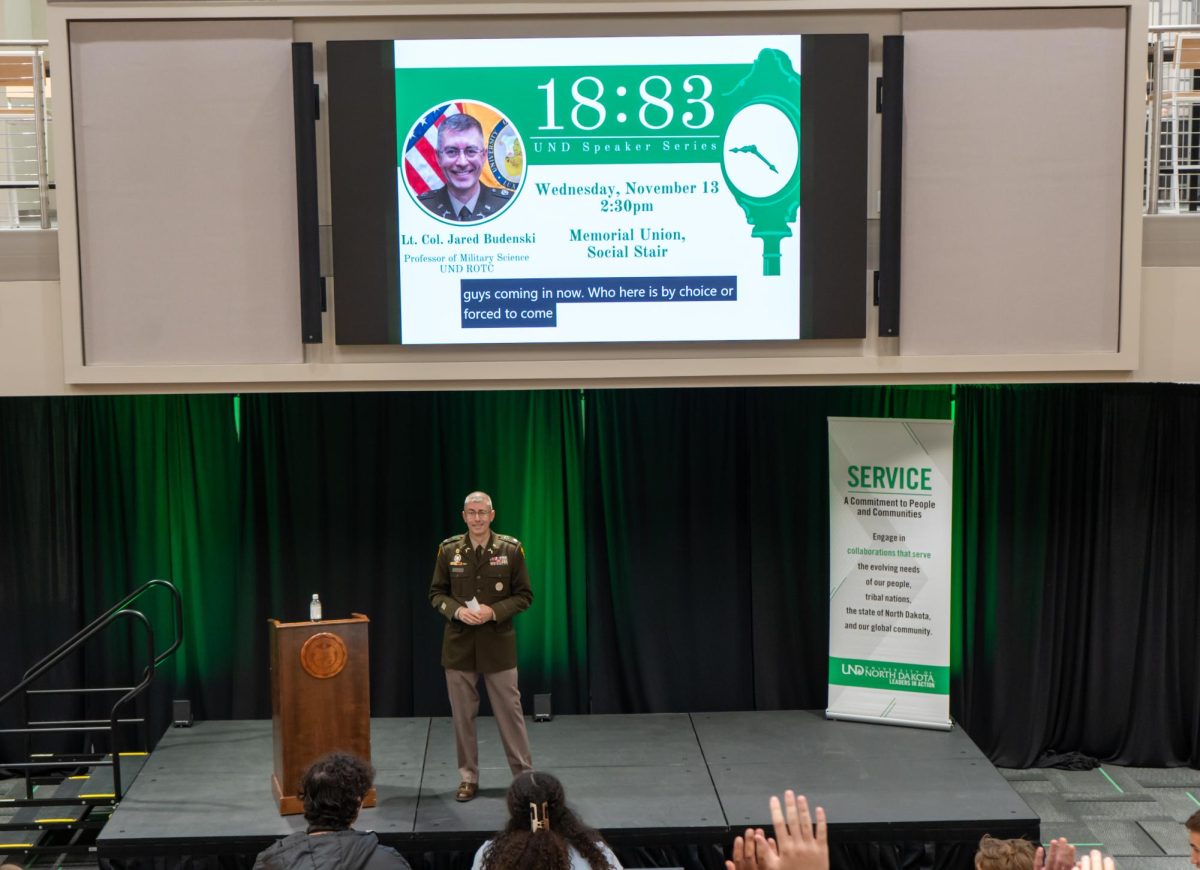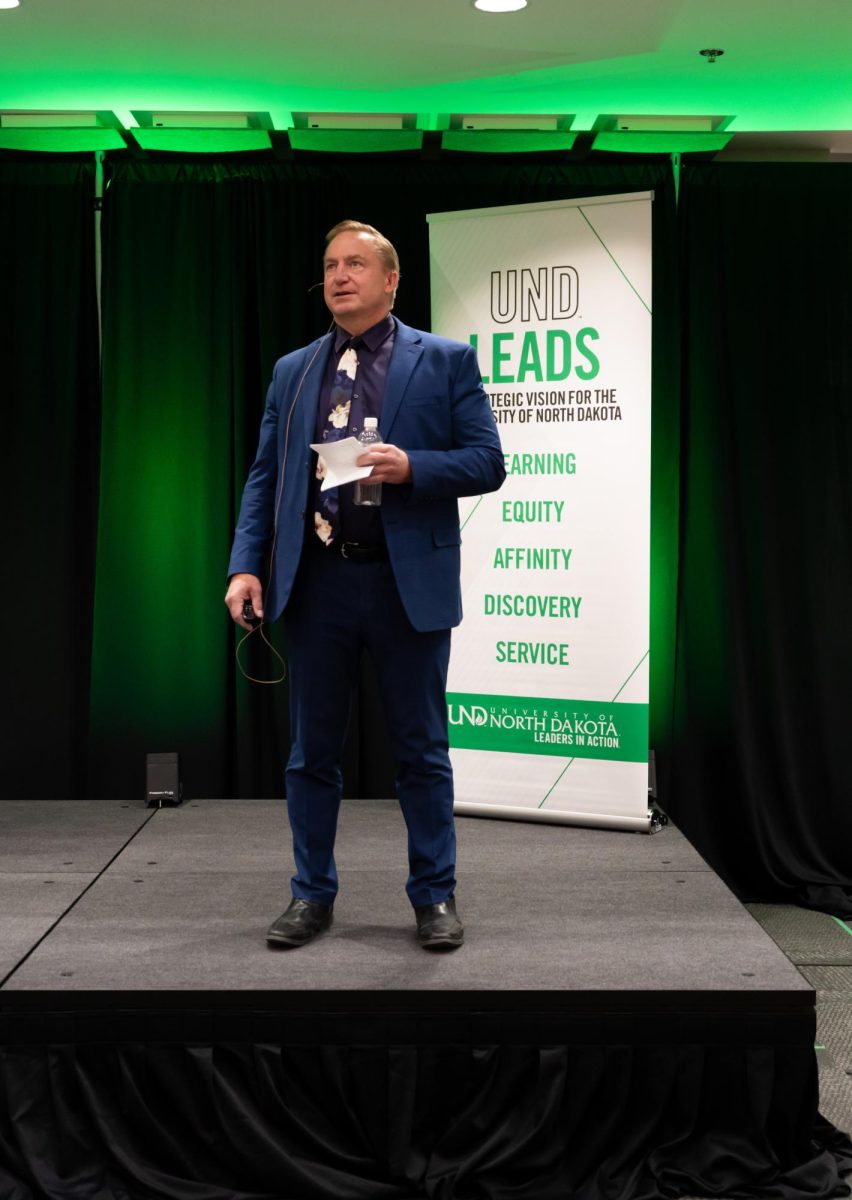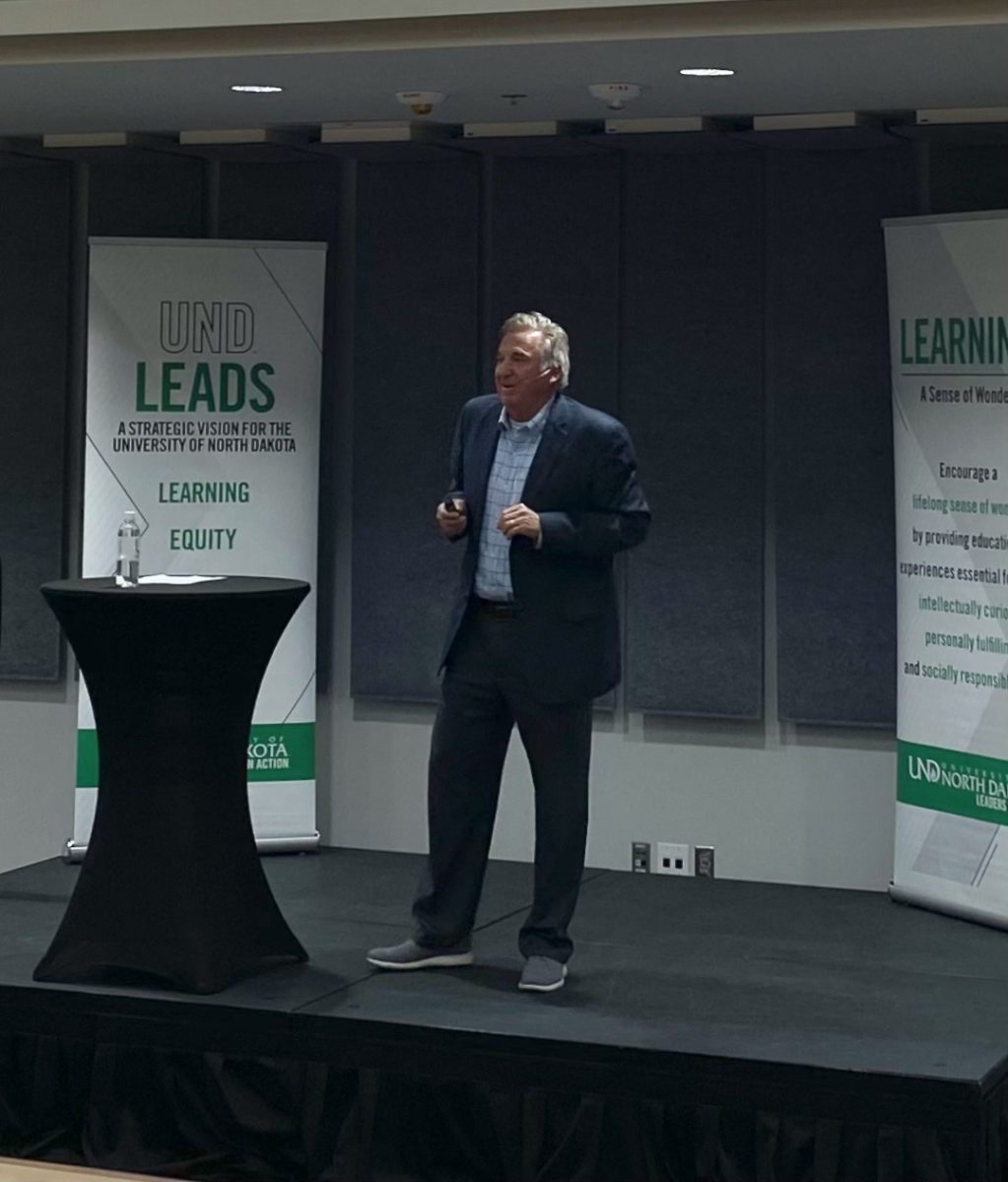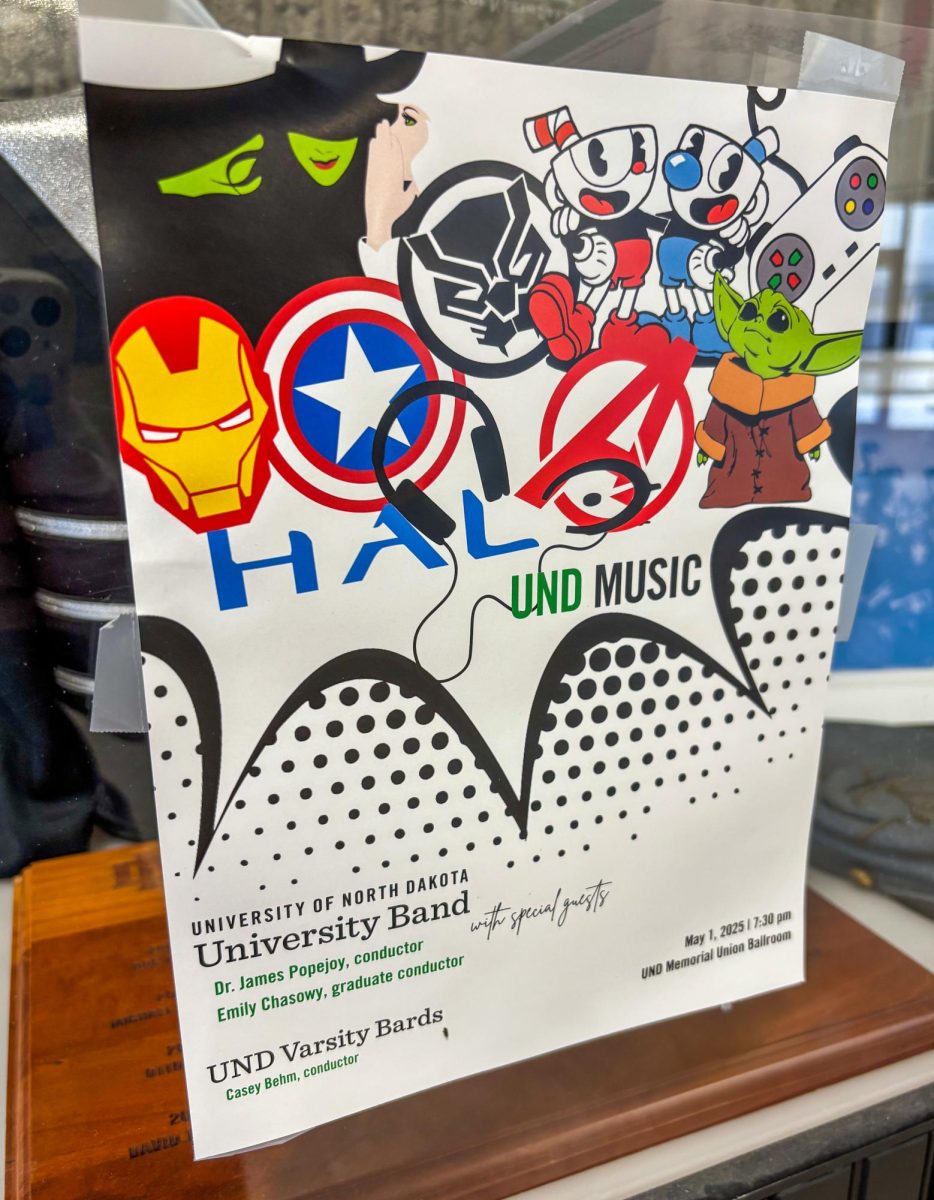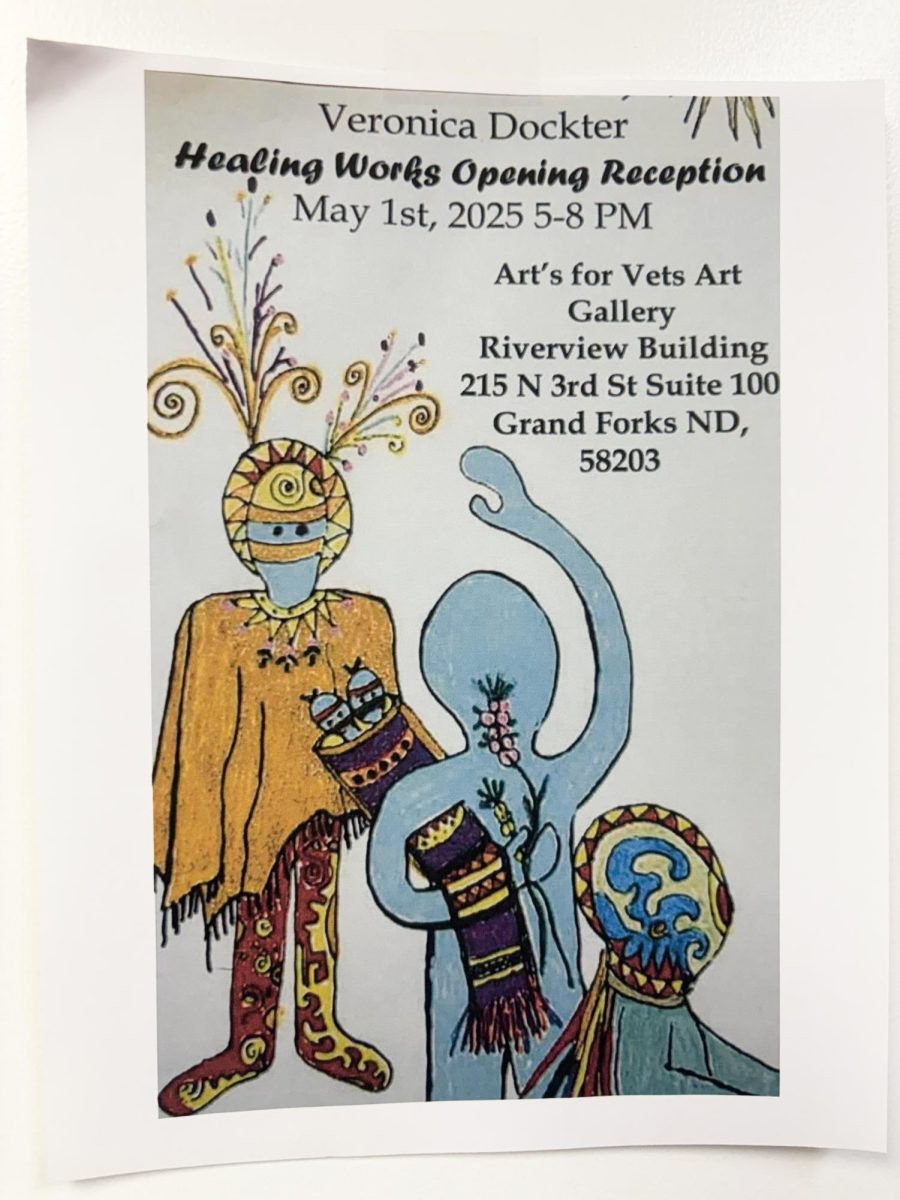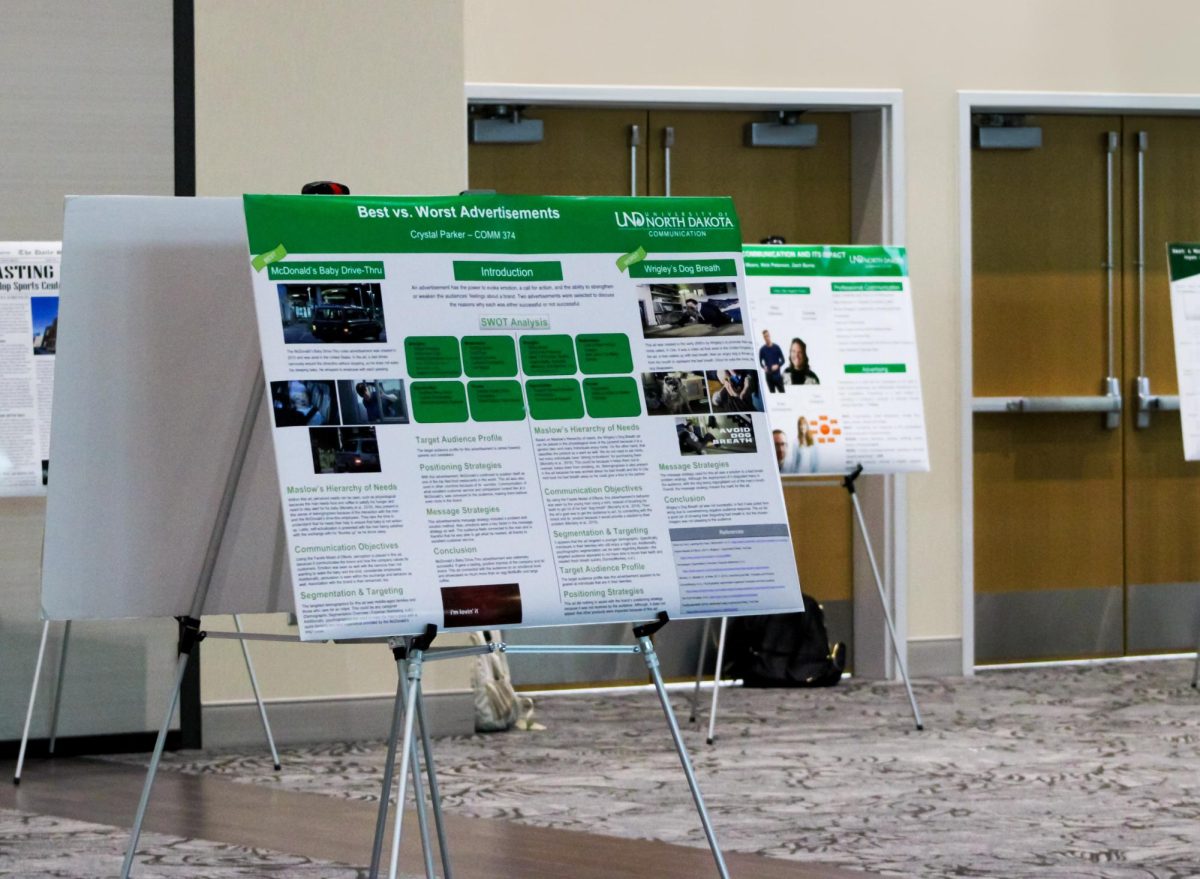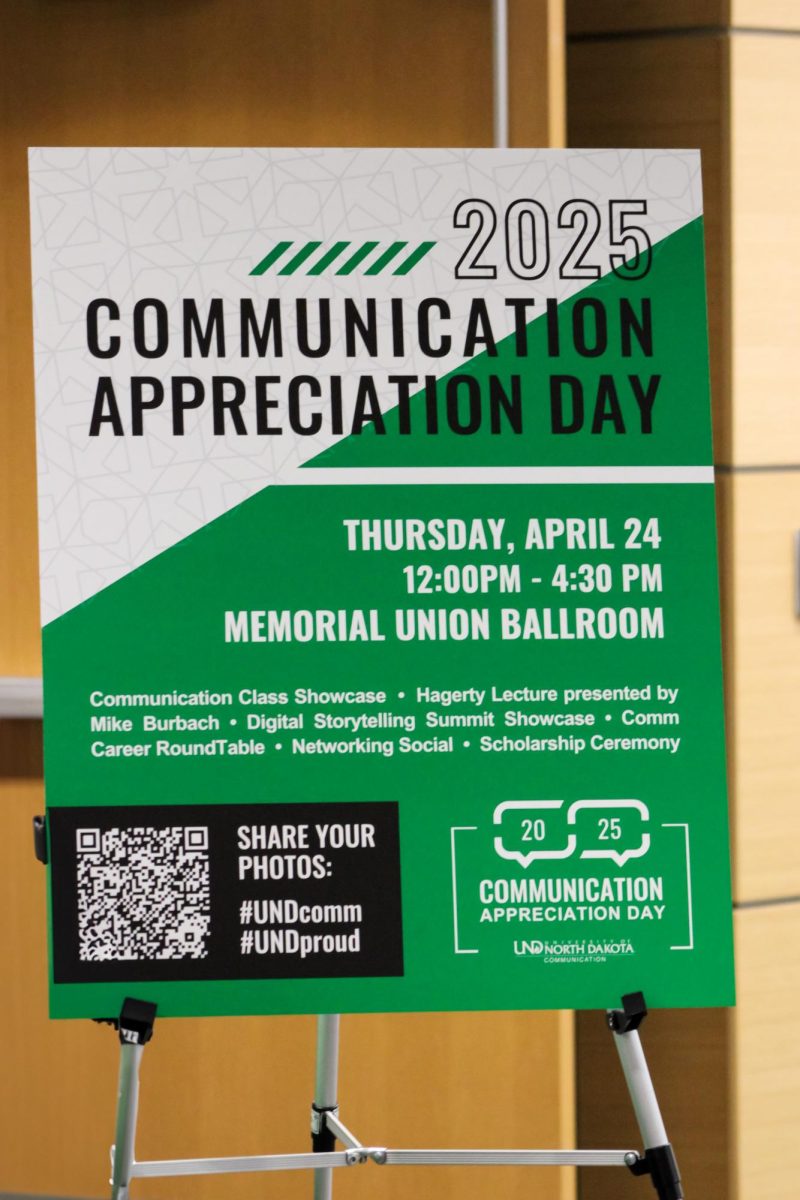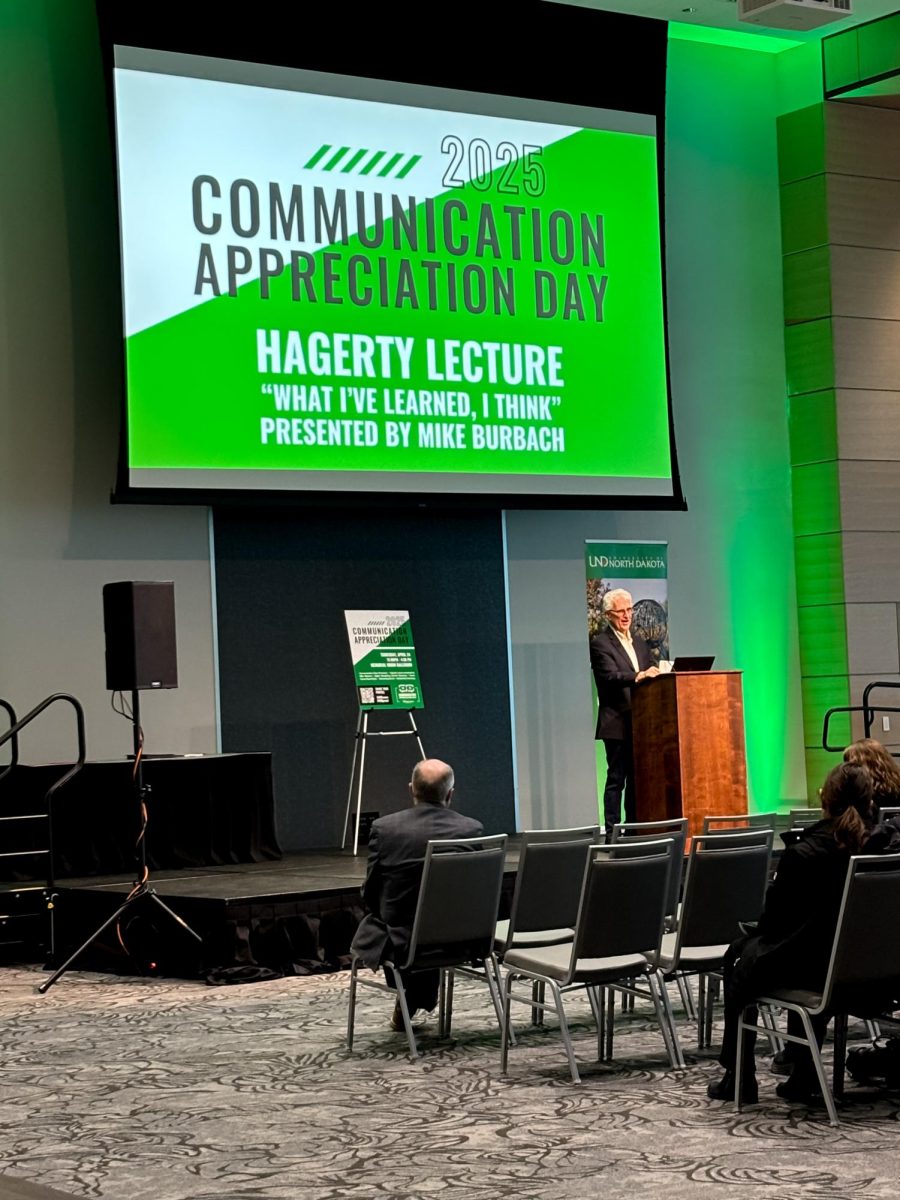The 18:83 Speaker Series held their final talk of the fall semester on Wednesday December 4. The 18:83 Speaker Series event is a weekly “TedTalk” style presentation given by various respected leaders in the UND and Grand Forks community. This week’s presentation was given by Anna Kinney, the coordinator of the University Writing Program at the University of North Dakota.
In her job position, Kinney runs the University’s Writing Center and leads writing events and workshops. This allows her to work with various types of writers ranging from students to faculty. It is because of this that she decided to give her talk on reflective writing and why it is so important. She believes that outstanding leadership can be represented by a commitment to the process of learning and that reflection and reflective writing itself is learning.
Kinney believes that “reflection is a core part of becoming a metacognitive learner.” She explained that metacognitive learners understand why they do what they do. So, by following a reflective writing process, people are able to have a deeper understanding of their own self and how they fit into the world around them. They gain many more perspectives.
When discussing how to think about reflective writing, Kinney told the audience that it can be thought of through “what,” “so what,” and “now what.” She described “what” as being the description of an event or experience that you want to write about. It is your topic. Then you must decide on the “so what,” which is the analysis. This is the time in the process where you should be questioning the meaning of your experience and how it changes learning. The last step would be to decide on a “now what,” which is the critical reflection where you decide on what you are going to do about your topic.
Throughout her entire talk, Kinney consistently emphasized the idea that “reflective writing is not a test, it is a gift.” She also explained that “great leaders are good storytellers because they understand how and why they lead.” She believes that these great leaders are able to develop these stories because they are capable of reflecting on personal events and can understand and explain the importance of what they have learned from their experiences.
As she neared the end of her talk, Kinney pointed out that she has explained why people should be reflective, especially through writing, but that she had not yet gone in-depth about how to do this. This led her to say that “there is no right way.” She suggests that the best way to start is by creating time to constantly try to problem solve by asking questions like a little kid would and to always question the status quo by asking “what if?”
Kinney then shocked the audience by confessing, “I don’t actually like writing.” She explained that writing can be hard and challenging and simply not enjoyable. She believes that this is because of the “need to heal the trauma caused by academic writing.” She then reminded the audience that there are “almost no hard and fast rules of writing.” It is because of this that she encouraged the audience to question all that they have been told about writing and to remember that writing is human, and although it may be hard, it is necessary for our understanding of the world. She encourages everyone to “think about reflective writing as a way to explore your humanity.” She emphasized that this is especially important with the world of advancing AI technology.
Finally, Kinney closed out her talk by sharing a QR code for an AI that she created to generate reflective writing prompts and encouraged everyone to try it. She shared this in hopes that people would see that AI can serve as a tool to help you become reflective but that it will not do it for you. She concluded her talk by reminding the audience to “celebrate your voice; it is a gift.”
Nora Lee is a Dakota Student General Reporter. She can be reached at nora.lee@und.edu.


